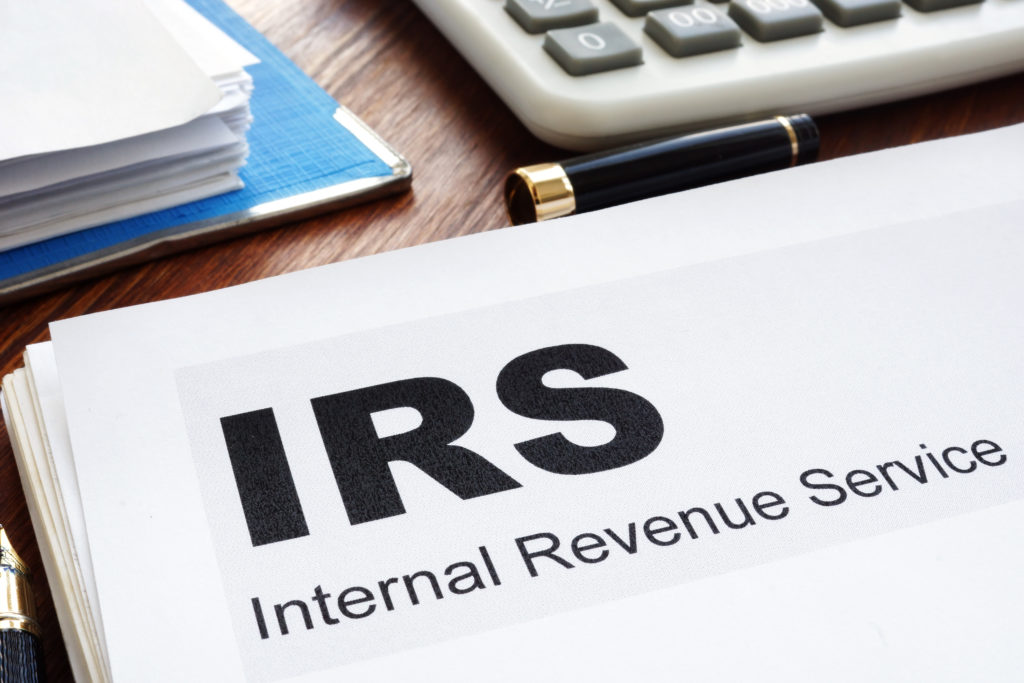
Has life settlement taxation brought some confusion to the table? This is probably because every life settlement is different and therefore, will be taxed differently.
Working with your accountant you can navigate life settlement taxation for your specific situation. Life settlement brokers are not tax experts, but valuable resources. You can read more about this in this article on life settlement taxation.
In the past, some people considered life settlements a transaction that wasn’t worth it after taxes. Today, this is far from true. Tax laws have changed making life settlement taxation simpler with a higher payout.
Stay with me as I take you through what you need to know about life settlement taxation. In ten minutes you will be ready to tackle the tax situation at hand and make a wise financial decision.
Joe Biden has proposed a new tax plan that will significantly increase capital gains tax for businesses. As a result, taxes from selling a business valued beyond 1 million dollars could be nearly double what a business owner would pay now.
So, financial advisors are encouraging small businesses to sell this year. After business owners close or sell a company, the company-owned life insurance policies are often left to lapse. As the life settlement market continues to expand, more investors are stepping up to buy these policies because a life settlement can yield up to four times as much as the surrender value.
With more qualified policies projected to enter the marketplace, expect more investors to enter as well. Consequently, the life settlement market is likely to grow in the coming years and newer tax laws benefiting life settlement consumers are encouraging this trend.
Before 2017, the payouts from life settlements were not as high as they are now. This is due to the large cut taken out for taxes. Many people steered away due to the tax consequences of selling a life insurance policy. And while no two life settlement tax cases are the same, there are a few things that your CPA might find helpful when getting started.

Life settlements are taxable to the amount that you make a profit. Interestingly, what’s considered profit from life settlements has changed due to The Tax Cuts and Jobs Act in 2017. The IRS now defines “profit” as the difference between the premiums you paid on the policy and the money you receive from selling the policy.
The higher your cost basis the less you’ll likely pay in taxes. Money from the sale up to the amount of the cost basis(total in premiums paid) is not taxable. In the past (before TCJA) this number was less due to “cost of insurance” charges. Since TCJA, you now have an even higher cost basis.
So what does all this mean? Let’s break it down with an example. We will call him Mr. Smart.
Mr. Smart received an offer for his life insurance policy for $60,000. The cash surrender value for his policy is $50,000. His cost basis(the total amount in premiums paid) is $46,000.
Offer: $60,000.00
Cash Surrender: $50,000.00
Cost Basis: $46,000.00
Mr. Smart will take the proceeds from the life settlement offer: $60,000 and subtract the total premiums paid (cost basis): $46,000 which equals $14,000. $14,000 is the proceeds above the cost basis. This is the amount on which he will be taxed.
Taxable Gain = (Sale Amount – Cost Basis)
($60,000-$46,000.00)
$14,000.00
This means you tax the difference between the cash surrender value and the cost basis as ordinary income.
Mr. Smart’s cash surrender value is $50,000 and we subtract the cost basis of $46,000 from that, giving us $4,000. You tax $4,000 as ordinary income.
Mr. Smart’s tax bracket has him taxed at 12 % for his ordinary income. So Mr. Smart pays $480 in taxes for the $4,000.
Next, we will find the remaining taxable proceeds. We take $14,000 (The proceeds above the cost basis) and subtract $4,000 (the amount taxed as ordinary income) which is $10,000.
Mr. Smart has $10,000 dollars to be taxed as long-term capital gains. If his capital gains tax rate is 15%, this gives him another $1,500 paid to taxes. The total tax amount Mr. Smart will pay is $1,980. Not bad at all!
Are you still with me? A higher cost basis means a lower gain. Lower gain means lower taxes. Thank you TCJA.

Depending on what state you live in, life settlement taxation differs. Basically, a state will have one of three scenarios.
1 – Your state taxes capital gains as ordinary income.
In this case, you will pay your entire state income tax rate on the taxable gain that you calculated with TCJA.
2 – Your state tax law has preferential tax treatment for capital gains.
If you live in one of these states you have a specialized tax law for capital gains.
You still use TCJA to determine ordinary income vs. capital gains. Although you use your specific state rule to figure out the tax. Some states allow you to deduct a portion of your capital gains from your return. Other states use a lower rate for capital gains.
3 – Your state has no tax on ordinary income and no capital gains tax.
If you live in one of these states you won’t have to pay state taxes on your life settlement.
Viatical settlements are not the same as life settlements. They’re treated differently when it comes to taxes.
With a viatical settlement, the policyholder is selling when they’re chronically or terminally ill. A life settlement is for people with longer life expectancies.
Terminally ill is a life expectancy of 24 months or less. Chronically ill is not able to complete at least two activities of daily living for at least 90 days. These are activities like bathing, eating, getting dressed, etc.
Your state must determine you meet the criteria for terminally or chronically ill. Meeting the requirements is complicated if you’re chronically ill. However, proving you meet those requirements will save you from life settlement taxation.
If you’re a terminally ill policyholder you’ll need certification from your physician. This certification states you have 24 months or less life expectancy.
If you are chronically ill it’s more complicated. The proceeds are not taxed as long as they are used to cover out-of-pocket medical expenses. For this reason, if expenses are covered by Medicaid, health insurance, or long-term care insurance then proceeds won’t count towards them.
There are limits on what payments you can excluded. You must consider payments from long-term care insurance contracts. Notably, we exclude payments only for care expenses of the policyholder. Read more on the New York Viatical Settlement Tax here.
To find out if you’re able to sell your life insurance policy, use a life settlement calculator. There are factors that determine how much your life insurance policy is worth. All things you need to consider when deciding if selling your life insurance policy is right for you.
Now you can take into account all you know about life settlement taxation as well. In most cases, a life settlement will get you a larger payout than surrendering your policy. Don’t let the taxes scare you away from this financial opportunity.
The examples we provided are for educational purposes only. Of course, your tax situation may need a different tax treatment. For this reason, you should speak with a tax advisor to get a more accurate estimate of the taxation on your life settlement.
© 2025 Windsor Life Settlements, LLC. All rights reserved.